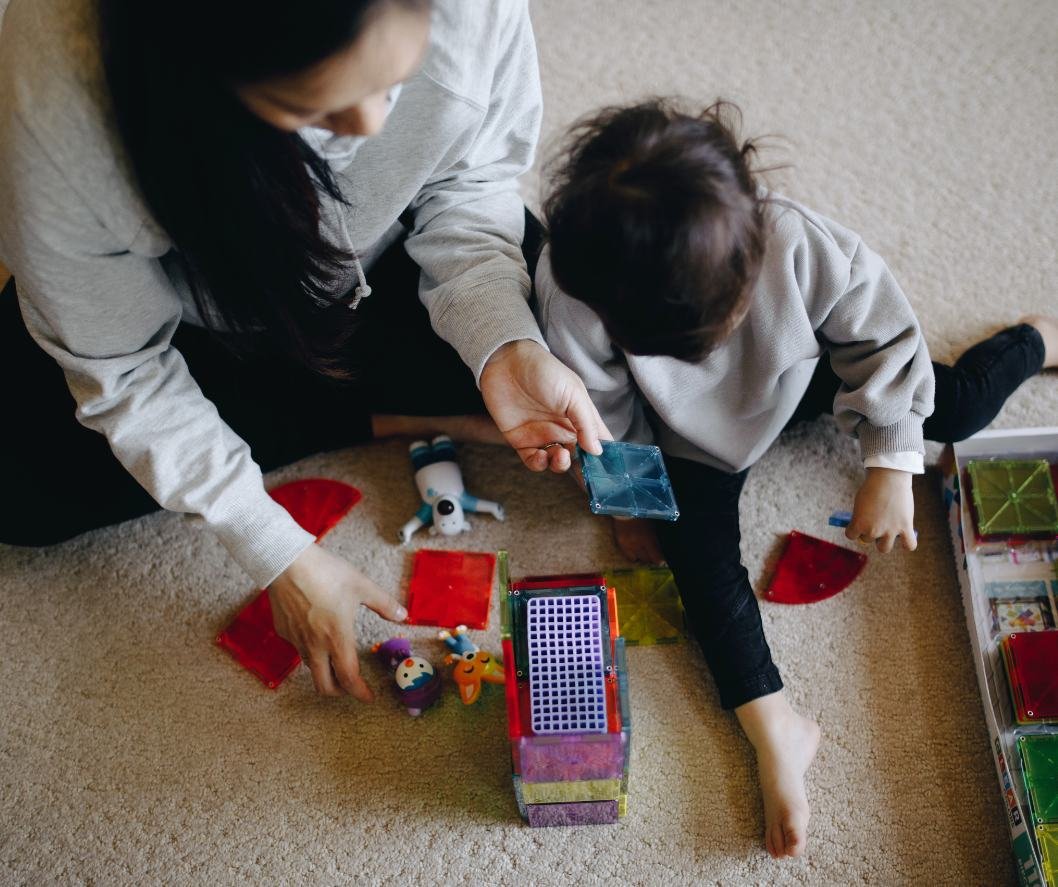How to Help Your Child Manage Trauma Triggers
Childhood trauma can have a profound and lasting impact on a child's mental and emotional well-being. Trauma triggers, which are reminders of traumatic events, can elicit strong emotional and physical reactions in children who have experienced trauma. It's crucial for parents and caregivers to provide support and guidance in helping children manage these triggers.
In this blog, we'll explore the concept of trauma triggers and offer practical strategies to assist your child in coping with them effectively.
Understanding Trauma Triggers
Trauma triggers are stimuli or situations that evoke memories or emotions associated with a traumatic event. These triggers can manifest in various forms, such as sensory cues (smells, sounds, or tastes), specific locations, certain people, or even emotional states. When a child encounters a trigger, they may experience intense fear, anxiety, anger, sadness, or other overwhelming emotions. Understanding the nature of trauma triggers is the first step in helping your child manage them.
Open Communication
The foundation of helping your child manage trauma triggers is open and honest communication. Encourage your child to talk about their feelings, experiences, and any triggers they may have identified. Create a safe and non-judgmental space for them to express themselves. Listen attentively and validate their emotions, letting them know that it's okay to feel the way they do.
Seek Professional Help
Depending on the severity of your child's trauma, it may be beneficial to seek professional assistance. A Play Therapist with experience in trauma can help your child work through their emotions and develop effective coping strategies. Professional help can be instrumental in facilitating the healing process.
Identify Triggers
Work with your child to identify their trauma triggers. This may involve keeping a journal, noting when they experience intense emotional reactions and identifying any common factors. Once triggers are recognized, you can better prepare for and manage them.
Create a Safety Plan
Develop a safety plan with your child to use when they encounter a trigger. This plan can include steps to take when a trigger is present, such as deep breathing exercises, finding a safe space, or seeking comfort from a trusted person. Having a well-defined plan can help your child regain a sense of control during triggering situations.
Teach Coping Mechanisms
Empower your child with coping mechanisms to manage their emotions when they encounter a trigger. Techniques like mindfulness, deep breathing, and progressive muscle relaxation can help your child regain their emotional balance. Encourage them to practice these strategies regularly so they become second nature.
Gradual Exposure
Gradual exposure to trauma triggers, under the guidance of a therapist, can help your child desensitize to them over time. This controlled exposure allows your child to build resilience and reduce the intensity of their emotional responses to triggers.
Routine and Predictability
Children who have experienced trauma often find comfort in routines and predictability. Creating a structured and predictable environment can help reduce anxiety and provide a sense of security. Be consistent with daily schedules and routines, and communicate any changes in advance.
Encourage Self-Expression
Art, journaling, and other forms of creative self-expression can be therapeutic for children dealing with trauma triggers. Encourage your child to express their emotions through drawing, writing, or any other creative outlets they find appealing.
Provide Reassurance and Affection
Your child needs to know they are loved and supported unconditionally. Provide them with ample reassurance and affection, reinforcing the idea that you are there for them no matter what. This sense of security can be a powerful antidote to the distress caused by triggers.
Self-Care for Caregivers
As a caregiver, it's essential to prioritize your own self-care. Caring for a child dealing with trauma triggers can be emotionally draining. Ensure you have the support and resources you need to maintain your own well-being so you can better support your child.
Helping your child manage trauma triggers is a challenging but crucial task. By fostering open communication, seeking professional guidance, and implementing coping strategies, you can provide the support and care necessary for your child's healing and resilience. Remember that healing from trauma is a gradual process, and your unwavering support can make a significant difference in your child's life.
Janine Kelly, MSW, LCSW, RPT, CATP, ADHD-CCSP, CCATP-CA is a Registered Play Therapist, Certified EMDR Therapist, and Perinatal Mental Health Therapist in Middlesex, NJ. Janine specializes in childhood anxiety, childhood OCD, childhood trauma, and supporting children who experience neurodivergence such as ADHD and Autism. She also specializes in pregnancy and postpartum mood disorders such as anxiety, panic disorder, OCD, depression, and Post-traumatic Stress Disorder (PTSD).
*This blog is not a substitute for therapy. To schedule an appointment, please click below.




